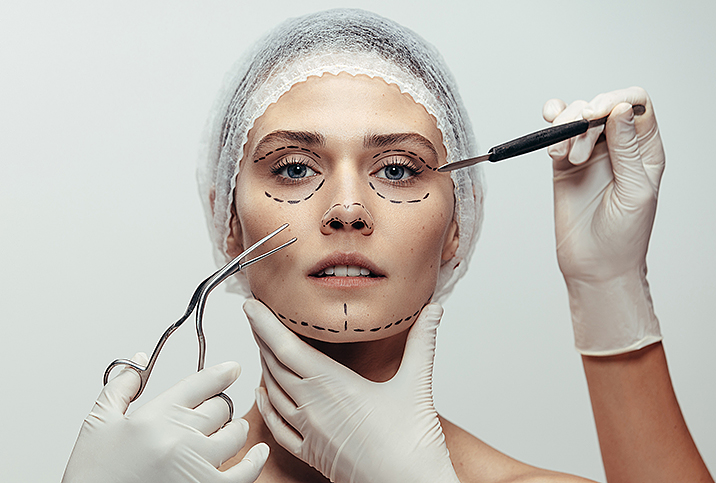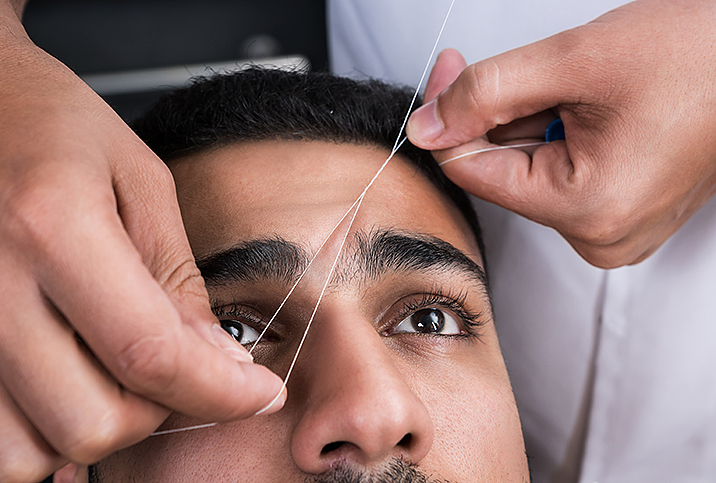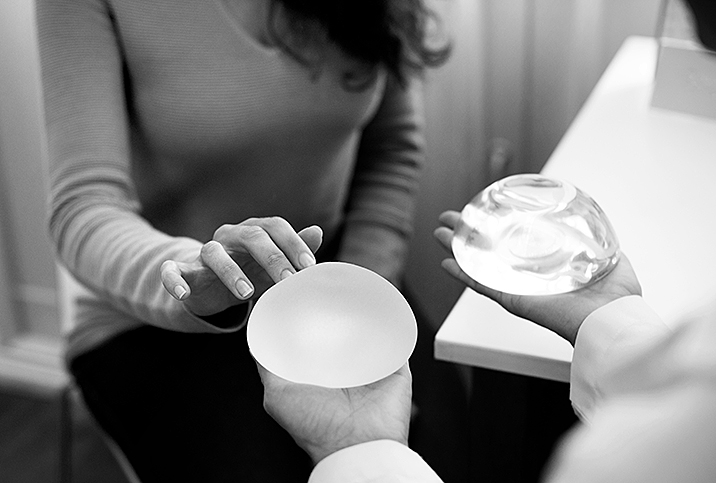Plastic Surgery Shaming: Only a Thing if You Let it Be

It’s happened to Khloe Kardashian, Tom Cruise, Kylie Jenner, George Clooney and countless others. As soon as a celebrity shows up on the scene looking slightly different, the media and public begin speculating. Rumors about plastic surgery begin swirling…and hurting.
More than 24 million surgical and minimally invasive aesthetic procedures were performed in 2019 in the United States, which was about 260,000 more than in 2018, according to the American Society of Plastic Surgeons (ASPS). Although plastic surgery is growing increasingly common, it still carries an air of contempt in some corners of American culture.
Be aware of outdated attitudes
Rapper Iggy Azalea has consistently been transparent about her cosmetic surgery. She discussed her rhinoplasty and breast augmentation with Elle Canada in 2016, saying she’s comfortable going public with her procedures rather than trying to hide or deny them. She still wonders, “For how long do we have to acknowledge that I got a nose job? For the rest of my life? Am I going to be 45 and people are still saying, ‘Nice nose job’?”
Objective reasoning for the negative attitude regarding plastic surgery in American culture remains unclear. However, the effects of popular media could be worth considering.
One perceived motive for plastic surgery is that people do it out of vanity and self-absorption. Hollywood doesn’t help when it portrays vapid and vain characters with over-plump lips, over-sized breasts or unrealistically tight face-lift treatments. Actor Jennifer Coolidge’s mean-spirited and self-absorbed character in “A Cinderella Story" comes to mind. “Oh, it’s the Botox,” she said. “I can't show emotion for another hour and a half.”
Such clichés, while intended for comedic effect, are merely a mockery of the realities of plastic surgery. However, over time, this may have helped shape the cultural opinion, or judgment, of people who choose such cosmetic procedures.
Every reason is valid
People have countless reasons to get plastic surgery. Some women undergo breast lifts and breast reduction surgery to address shoulder and back pain, and breast cancer survivors undergo reconstructive surgery after a partial or total mastectomy. Questioning personal choices can add to the trauma they’re already facing.
However, you don’t “need” a medical reason to get cosmetic surgery. No matter the procedure or the reason, a person’s medical choices are their own and do not indicate any sort of character or personality flaw. Even if the procedure was done purely to change appearances—that is, elective surgery for no medical benefit at all—that decision is valid and warrants no judgment.
Reject the shame & the judgment
After her fourth face-lift, television personality Sharon Osbourne shared her take on the matter in an interview with Watch! magazine.
“People ask me about plastic surgery, and you know what? If you’re not happy with the way you look and you have the money, change it! What’s the big deal?” Osbourne said.
Rapper Cardi B takes a more blunt approach in defense of her breast-augmentation surgery. “I do whatever the f**k I want to do with my body,” she said in a 2019 Instagram live video.
Celebrities—especially female celebrities—who already have plenty of experience with both plastic surgery and public scrutiny, seem to have found a common solution: Own up to the decision to get work done and be unapologetic about it.
The best way to eliminate shaming might be to refuse to be ashamed in the first place.
















